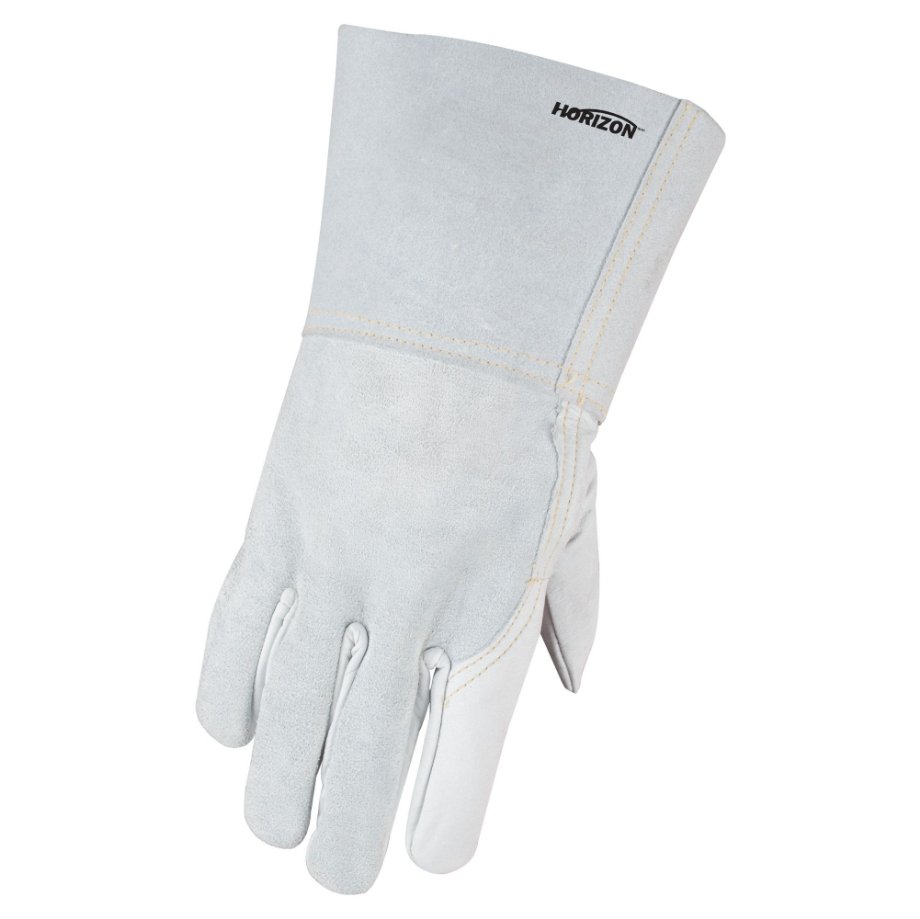In specialized professions, the right choice of gloves is essential for ensuring optimal protection, performance, and adherence to industry standards. Each profession comes with unique challenges, and selecting gloves tailored to the specific demands of the job is crucial. In this guide, we explore the importance of a tailored approach when choosing gloves for specialized professions, providing insights and considerations for various occupational needs.
1. Assess Job-Specific Hazards:
Different professions entail distinct hazards, from chemical exposure to mechanical risks. Begin by thoroughly assessing the job-specific hazards associated with your profession. Identify potential threats to hand safety, such as sharp objects, chemicals, extreme temperatures, or electrical hazards. Understanding these risks is the foundation for selecting gloves that address the unique challenges of your work environment.
2. Consider Material Compatibility:
The choice of glove material is pivotal in providing effective protection. Consider the compatibility of materials with the hazards you face. For example, nitrile gloves are known for chemical resistance, while cut-resistant materials like Kevlar or high-performance polyethylene are crucial in professions involving sharp objects. Tailor your material choice to align with the specific needs of your profession.
3. Evaluate Dexterity and Tactile Sensitivity:
Professions that require precision and fine motor skills demand gloves that offer optimal dexterity and tactile sensitivity. For tasks such as laboratory work, electronics assembly, or medical procedures, choose gloves that strike a balance between protection and the ability to handle intricate tasks with precision.
4. Look for Specialty Features:
Certain professions benefit from gloves with specialty features. For example:
- Medical Professionals: Consider gloves with antimicrobial coatings and excellent tactile sensitivity.
- Welders: Opt for heat-resistant gloves with additional protection against sparks and molten metal.
- Electricians: Choose gloves designed for electrical safety, providing insulation against electrical currents.
5. Ensure Compliance with Industry Standards:
Different professions may have industry-specific safety standards that dictate the type of gloves required. Ensure that the gloves you choose comply with relevant standards, such as those set by organizations like ANSI, NFPA, or EN. Adhering to these standards is essential for maintaining a safe working environment and meeting regulatory requirements.
6. Prioritize Comfort for Extended Use:
Professionals who wear gloves for extended periods require options that prioritize comfort without compromising protection. Consider gloves with ergonomic designs, breathable materials, and features that reduce hand fatigue. Prioritizing comfort ensures that professionals can maintain peak performance throughout their tasks.
Conclusion:
Choosing gloves for specialized professions requires a tailored approach that takes into account the specific hazards, material compatibility, dexterity requirements, specialty features, industry standards, and comfort considerations. By addressing these factors, you can confidently select gloves that meet the unique needs of your profession, providing optimal protection and performance.
Ready to choose gloves tailored to your specialized profession? Explore our range of high-quality working gloves designed to meet the diverse needs of different industries. Prioritize safety and performance – shop our collection now at glovemaster.ca!
For personalized recommendations and expert advice on selecting gloves for your specialized profession, contact our team. We're here to help you find the perfect gloves that align with the demands of your profession.



